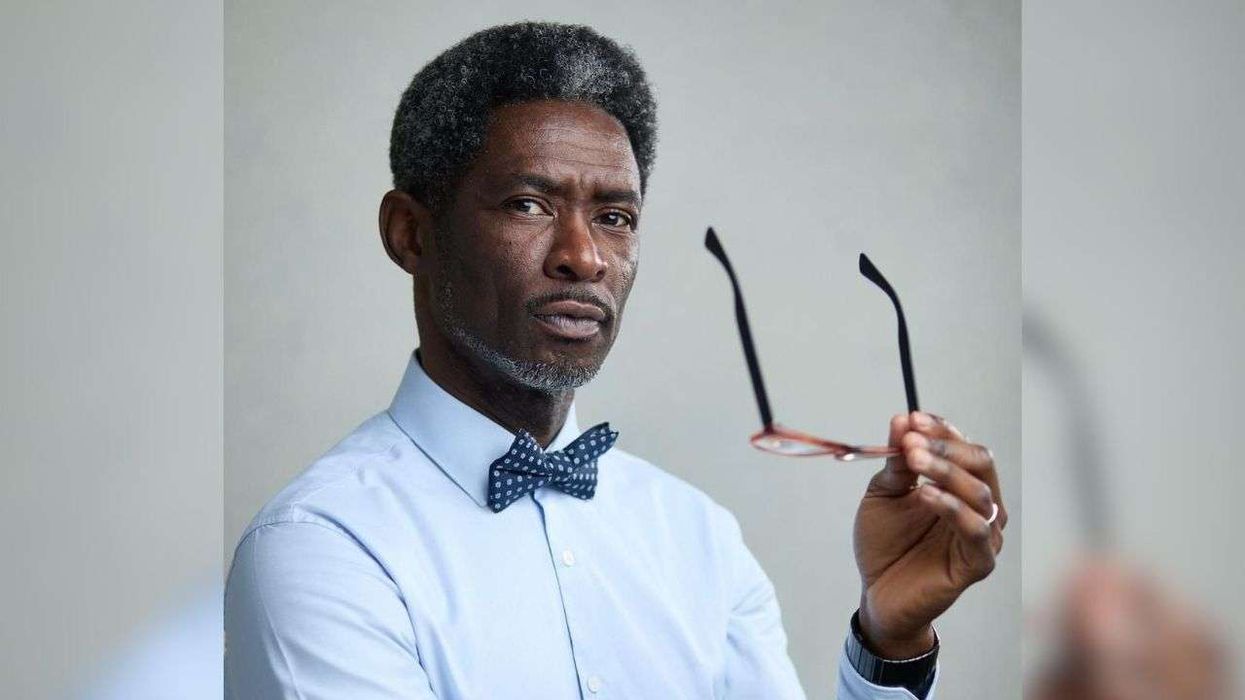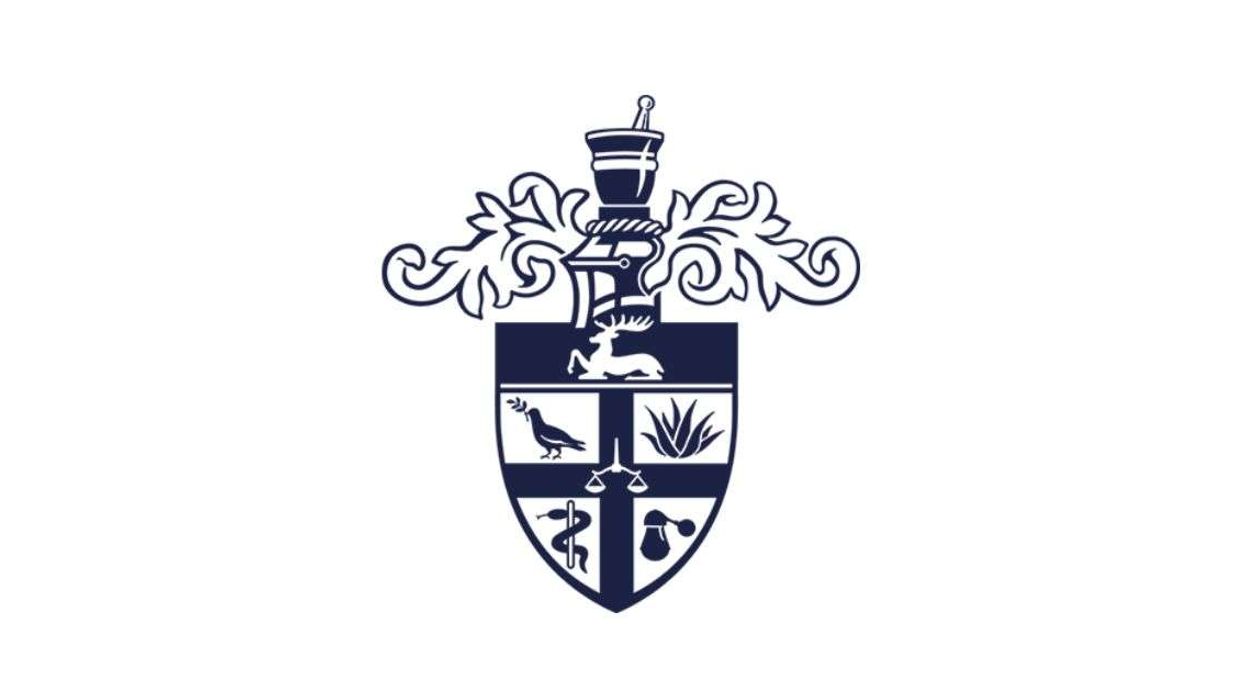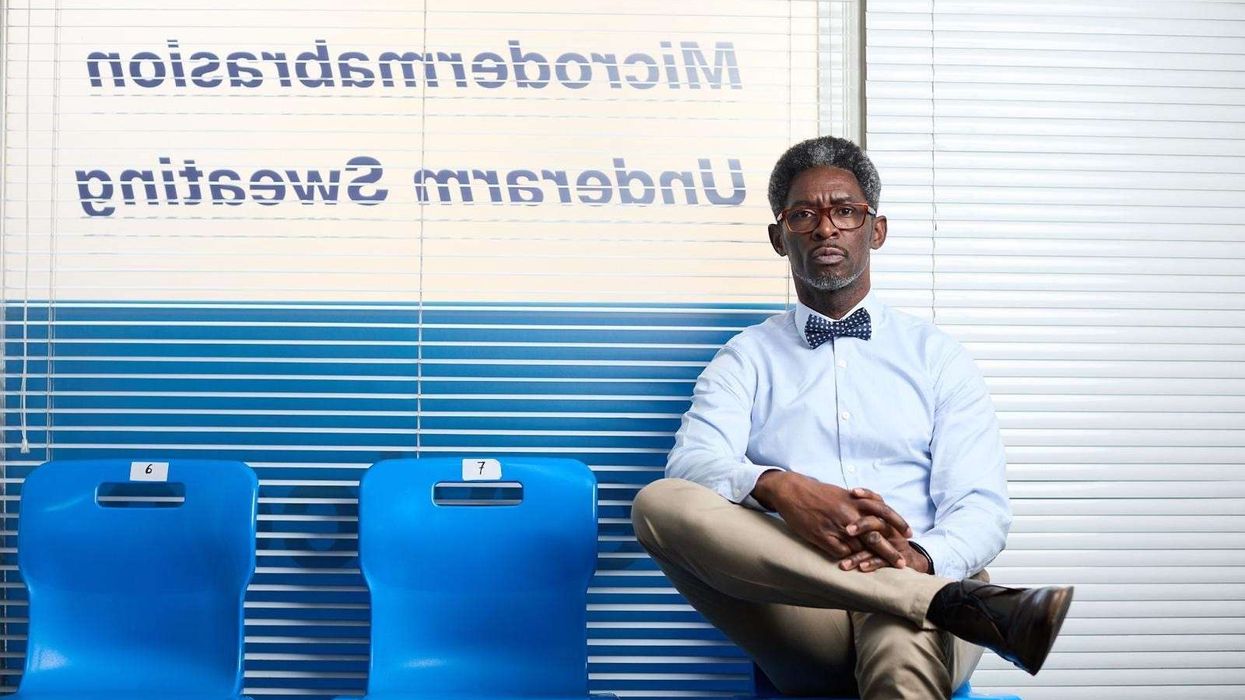The UK is moving into the second of four phases in its plans to tackle the spread of coronavirus, England's Chief Medical Officer Chris Whitty said on Thursday, as the country recorded its first death of a patient.
The country has so far registered 115 cases of the coronavirus known as COVID-19, which started in China, but has held off from introducing measures to restrict movement or cancel large gatherings for fear of hurting the economy.
Whitty said in a statement later that the person who died was an elderly patient with underlying health conditions.
The government has listed coronavirus as a notifiable disease in law by adding it to the Health Protection (Notification) Regulations 2010.
This change in law requires GPs to report all cases of COVID-19 to Public Health England.
Health Secretary Matt Hancock said, "the coming weeks would be tough. But with calm heads and clear determination, together we can see it through".
The government set out its action plan earlier this week based on four stages: containing the virus; delaying its transmission; researching its origins and mitigating its impact.
Questioned by lawmakers earlier on Thursday, Whitty said the UK had mainly moved into the second stage and was now considering measures to try to delay the peak of an epidemic which officials are anticipating in the coming weeks.
"The original plan... was very much predicated on the idea of 'if it could be controlled in China and contained everywhere else, this virus might go away'. I think the chances of that happening are now very slim. Slim to zero," Whitty said.
"As time goes by, we then may start to move into the more socially determined actions... We've moved from a situation where we were mainly in contain... to now we're basically mainly delay."
The government has said it could encourage home-working, cancel large-scale gatherings and possibly close schools to slow its spread and delay the peak of the outbreak until later in the year, when the health service is under less pressure.
Whitty also said that with older people more vulnerable to the virus, there may be measures announced to encourage them to stay away from public places, such as the upper house of parliament, the House of Lords.
Jacob Rees-Mogg, the leader of the lower house of parliament, told lawmakers there were no plans to close the House of Commons.
(With Reuters input)











